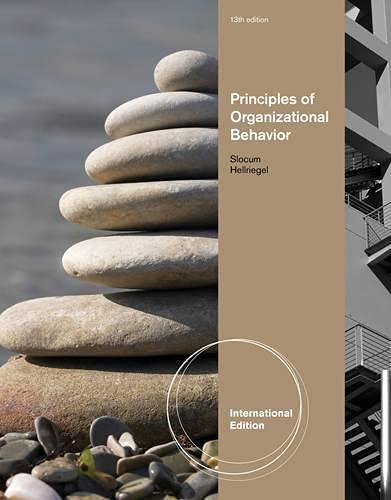David McLaughlin, senior director of environmental affairs for Chiquita, and Tensie Whelan, executive director of the Rainforest
Question:
David McLaughlin, senior director of environmental affairs for Chiquita, and Tensie Whelan, executive director of the Rainforest Alliance, like to tell this story. It begins in the 1990s, when, as McLaughlin says, “our license to operate was being severely questioned by a lot of environmental activists.”
Chiquita is a company with a long history. More than 100 years ago, Captain Lorenzo Dow Baker bought 160 bunches of bananas in Jamaica. He brought them to Jersey City and sold the bananas for a profit. Since then, Chiquita has expanded operations into some 60 countries. Panama, Cost Rica, Colombia, Guatemala, and Honduras provide the bulk of the company’s $4 billion in global sales. The company is headquartered in Cincinnati, Ohio, and has 26,000 employees.
Historically, the company operated in countries with limited social infrastructures. Consequently, Chiquita established a patriarchal base in these countries, taking care of everything from telecommunications to road maintenance. Formerly the United Fruit Company, Chiquita was seen as a corporate imperialist, establishing jungle fiefdoms and banana republics in Central and South America. In 2001, Chiquita took the unprecedented step of admitting instances of past brutality toward its workers.
In the 1990s, Chiquita faced serious challenges to its practices and recognized the need to sit down with its adversaries to understand their grievances. Instead of reacting to them in isolation, Chiquita’s management opened the door to the Rainforest Alliance, a New York-based nongovernmental organization (NGO). It is committed to protecting ecosystems and the people and wildlife that depend on them. The Rainforest Alliance focuses on transforming land-use practices, business practices, and consumer behavior................
Questions
1. What components of the communication competency are illustrated in this case? Give a specific example of each component identified.
2. What components of the teams competency are illustrated in this case? Give a specific example of each component identified.
3. What components of the change competency are illustrated in this case? Give a specific example of each component identified.
4. What components of the ethics competency are illustrated in this case? Give a specific example of each component identified.
Step by Step Answer:

Principles Of Organizational Behavior
ISBN: 9780538743341
13th International Edition
Authors: Don Hellriegel, John W. Slocum





